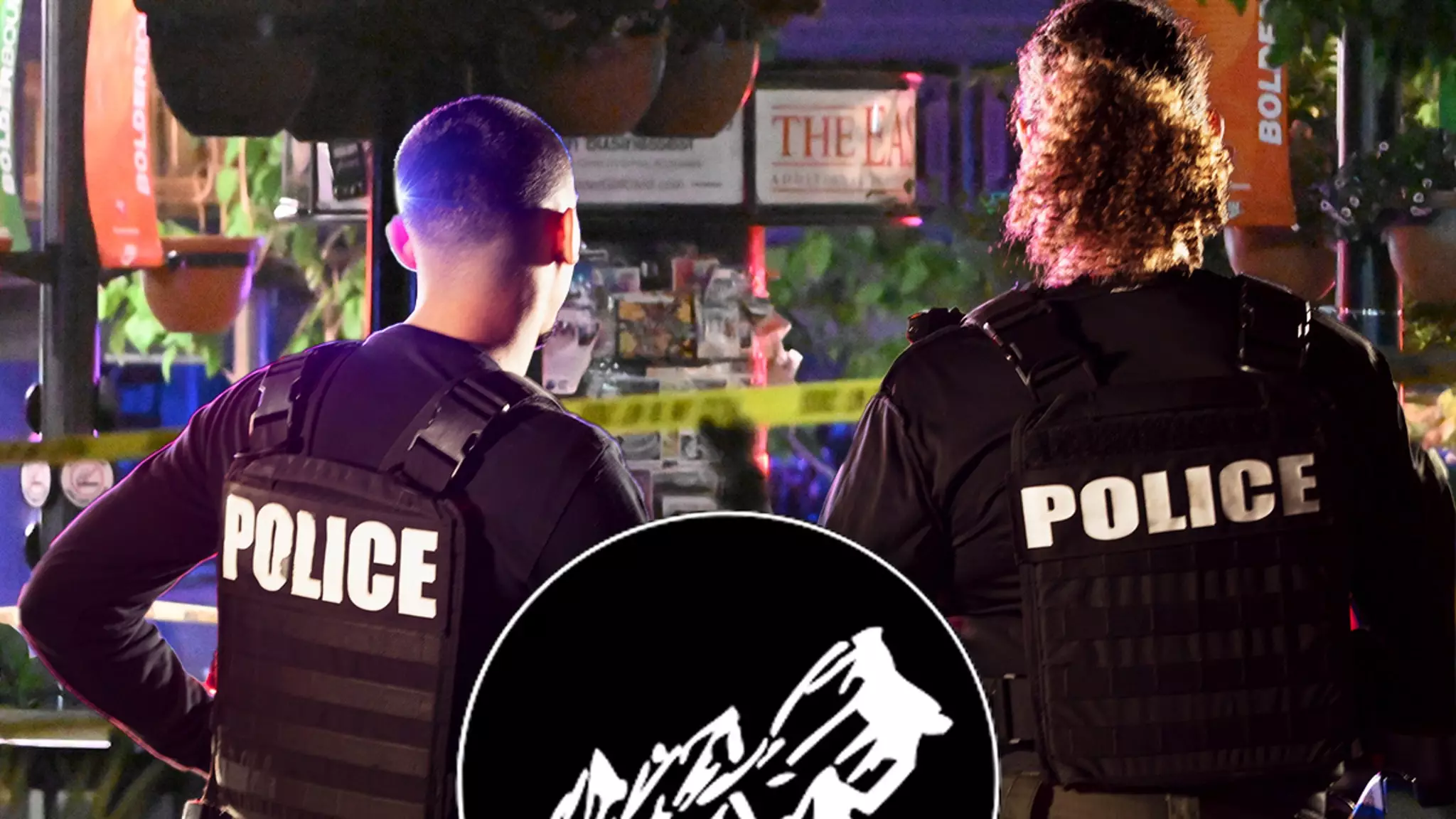The recent attack during a pro-Israel event in Boulder, Colorado, has thrown the spotlight on an alarming trend of violence that is increasingly intersecting with peaceful protests. Mohamed Sabry Soliman, a 45-year-old suspect, stands accused of assaulting demonstrators with Molotov cocktails and a makeshift flamethrower, causing serious injury to at least eight individuals. Such acts raise critical questions about the motivations behind violence in the context of social movements and protest.
On a Sunday afternoon that was presumably intended for peaceful advocacy, this incident unfolded strikingly as a moment of chaos. Reports indicate that Soliman shouted “Free Palestine” as he launched his incendiary assault, complicating the narrative. In a landscape where political activism is meant to promote dialogue and understanding, it is deeply troubling to see such extreme actions being taken in the name of a cause. This drastic behavior not only endangers lives but also undermines the legitimacy of the underlying issues that many protesters strive to raise.
Legal Ramifications and Broader Implications
Facing numerous serious charges, including attempted murder and the use of explosive devices, Soliman’s legal situation appears dire. His arrest followed after he was treated for minor injuries, ultimately taken into custody and charged by law enforcement. Yet, beyond the legal ramifications for Soliman, this event opens a broader discourse around the climate of fear that has been stoked by rising antisemitism and violence directed against specific communities.
Notably, the FBI has categorized this incident as a “targeted terror attack,” indicating a worrisome trend where radicalization and violence merge. The U.S. Department of Justice’s Antisemitism Task Force has highlighted this event as a manifestation of a larger surge in violence against Jewish communities nationwide. This recognition calls for urgent societal introspection and a reevaluation of how protests are policed, regulated, and understood.
The Socio-political Backdrop
Societal division often propagates intolerance, and the reaction to conflicts in the Middle East frequently serves as a lens through which local grievances are expressed. The fervor surrounding issues such as the Israeli-Palestinian conflict can ignite latent tensions, fostering an environment where peaceful discourse devolves into disruption and violence.
The age range of the victims – uncomfortably spanning from 52 to 88 – starkly illustrates the indiscriminate nature of violence. Older individuals are particularly vulnerable, and seeing them harmed amidst political tumult raises significant ethical questions about the participation and protection of marginalized groups within protest contexts.
Furthermore, Soliman’s identity and background add another wrench to the gears of understanding this situation. His visa status, having expired earlier this year, complicates the conversation surrounding immigration—an intertwined issue that shapes many of America’s protests. His actions led to the targeting of individuals actively engaging in a lawful public demonstration, and thus, his case might amplify debates around immigration reform and the responsibility that comes with living in a community.
In the aftermath of such a shocking event, it becomes increasingly critical for all sides of the dialogue to reassess how they engage with differing viewpoints. Tolerance and understanding should prevail over violence and division; the stakes are too high, as illustrated by the unfolding events in Boulder.

